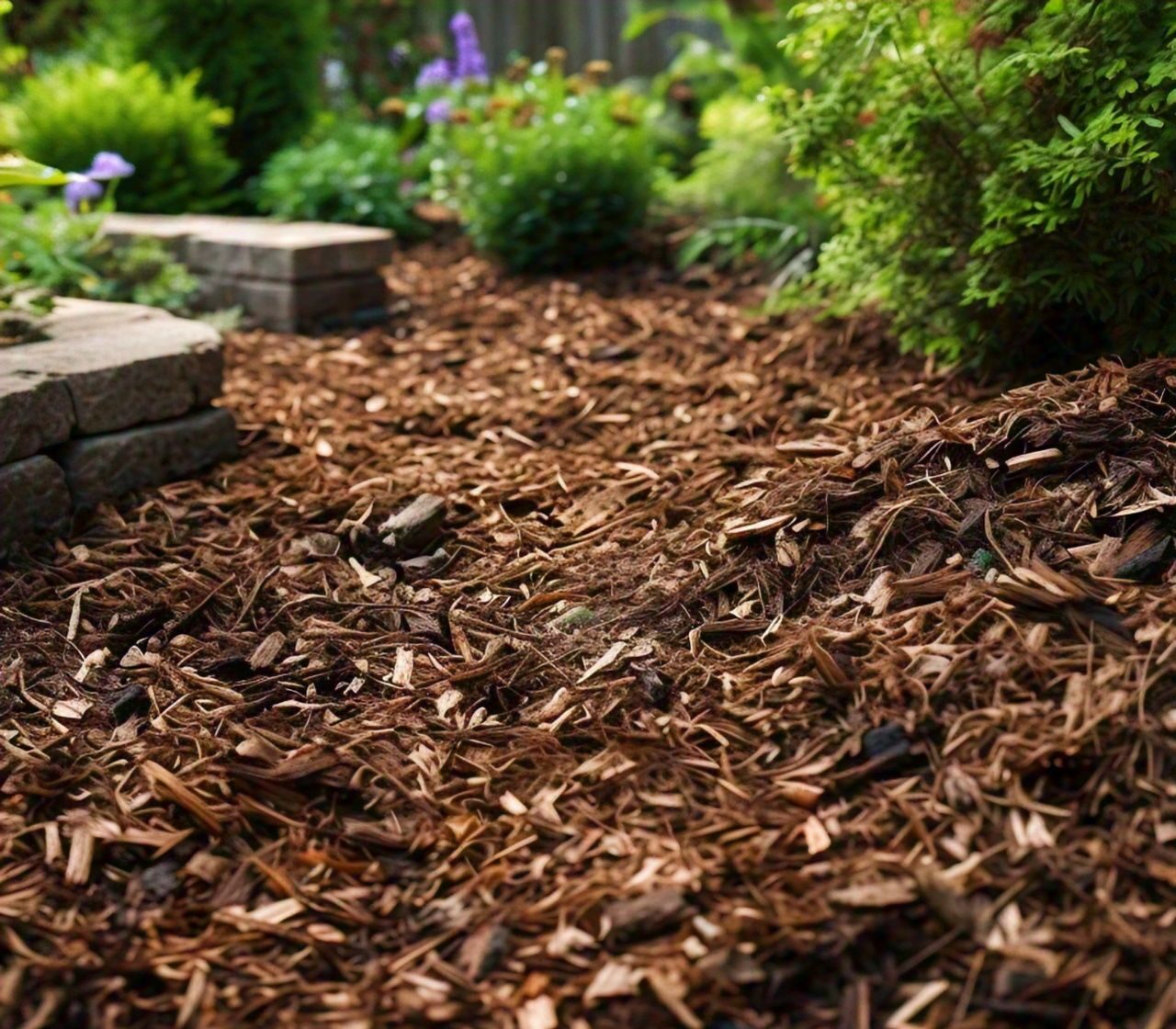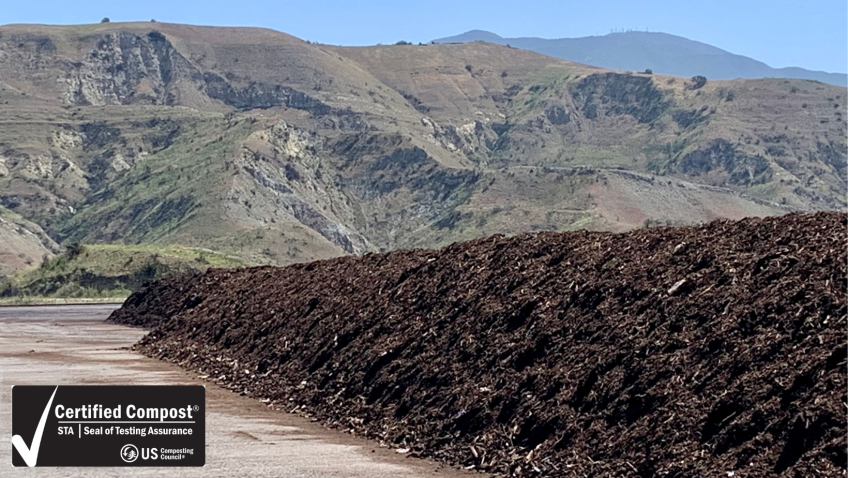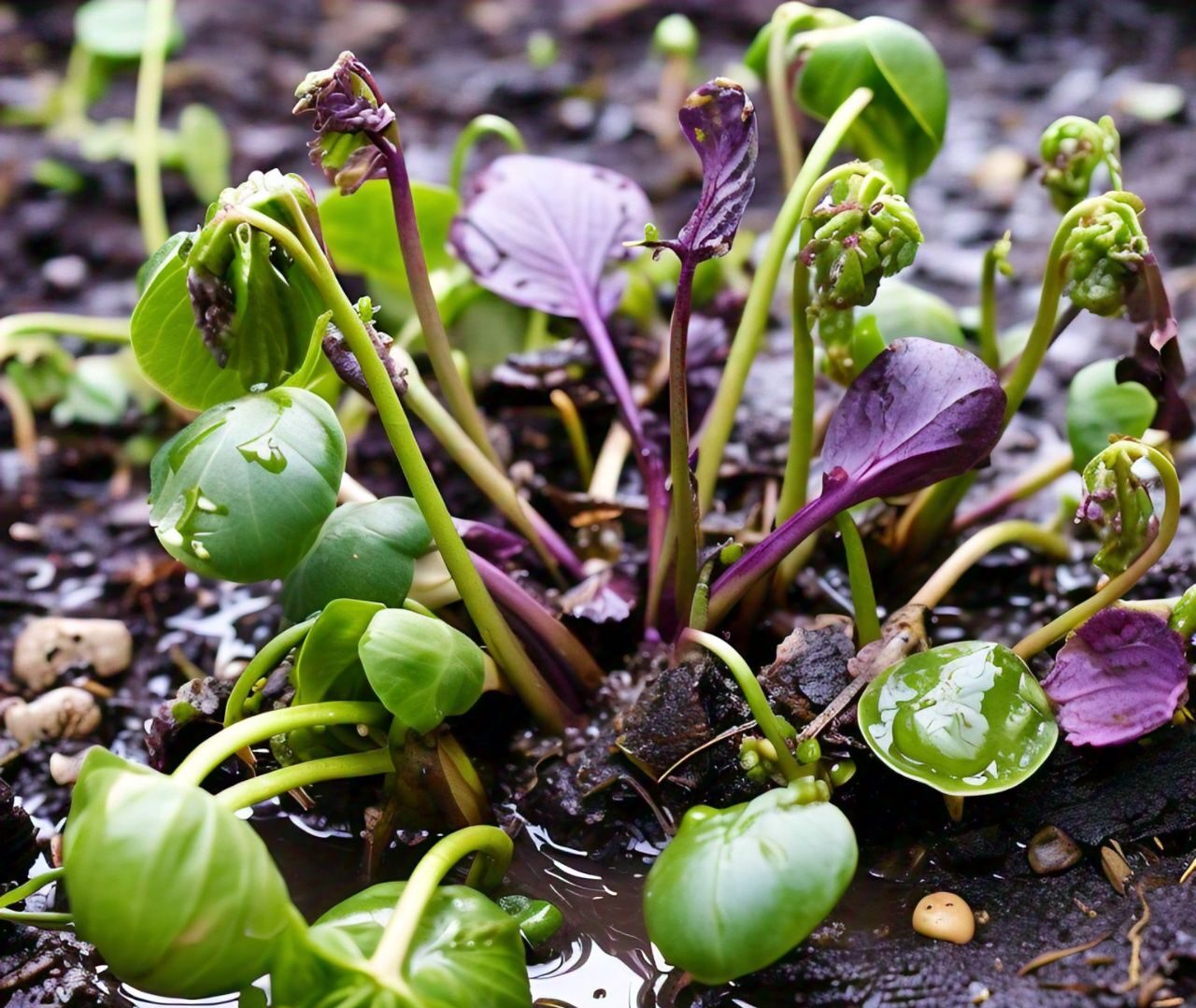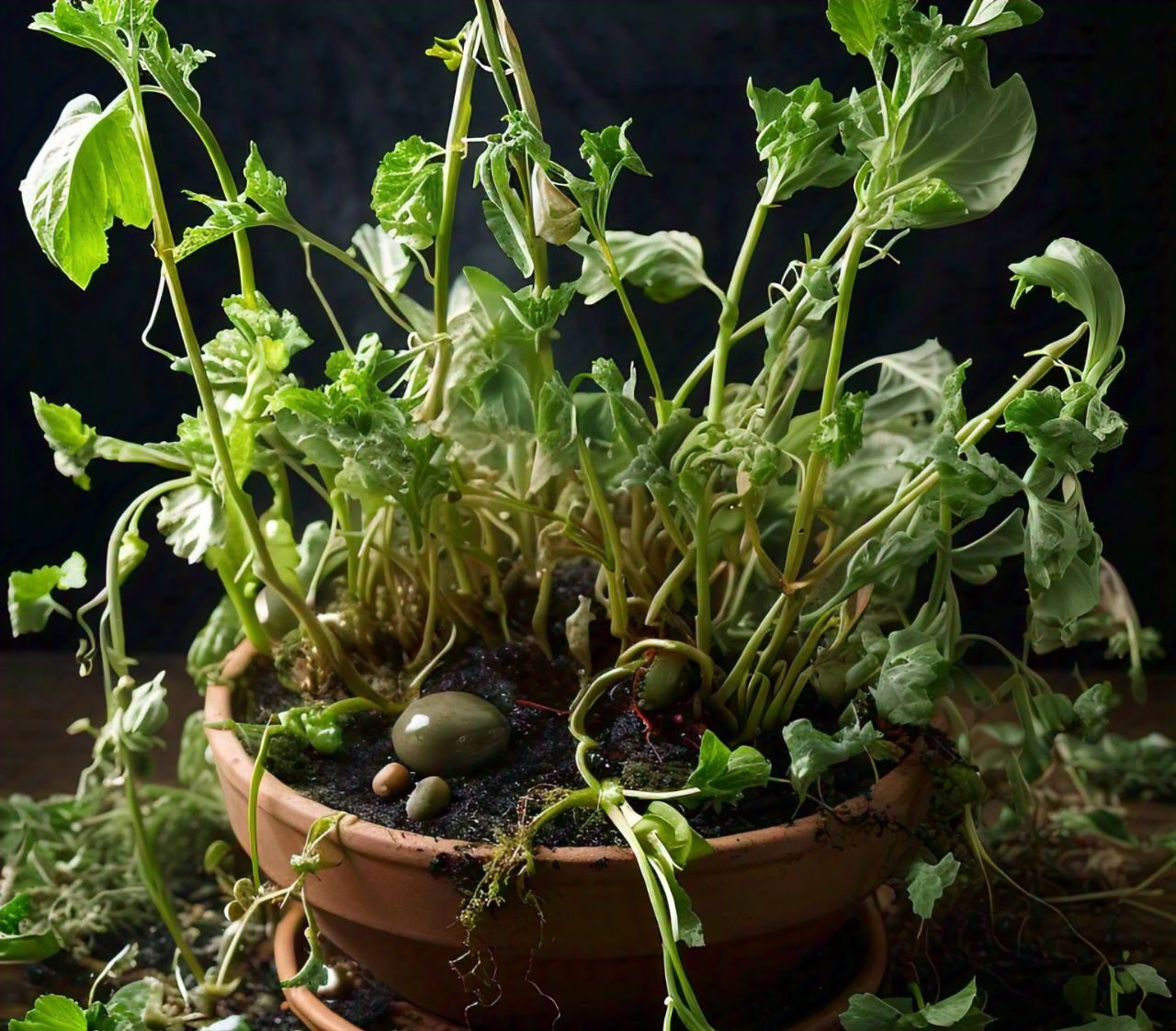
Southern California’s Mediterranean climate presents unique gardening challenges, including hot summers, mild winters, and periodic droughts. Mulching is a simple yet effective technique to create a resilient, water-efficient garden. In this article, we’ll explore the benefits and best practices of using mulch in your Southern California garden.
Benefits of Mulching:
- Water Conservation: Mulch reduces soil evaporation, retaining moisture and minimizing the need for frequent watering.
- Weed Suppression: Mulch prevents weeds from growing, reducing competition for water and nutrients.
- Soil Temperature Regulation: Mulch keeps soil cooler in summer and warmer in winter, promoting healthy root growth.
- Soil Health: As mulch breaks down, it adds organic matter, improving soil structure and fertility.
- Pest Control: Certain mulches, like cedar, repel pests and diseases.
Choosing the Right Mulch:
- Organic Mulches:
- Wood chips or shavings
- Bark
- Compost
- Leaf mold
- Straw
- Inorganic Mulches:
- Gravel
- Decomposed granite
- Plastic sheeting (not recommended due to heat buildup and lack of soil benefits)
Best Practices for Mulching in Southern California:
- Apply 2-3 inches: Adequate thickness ensures effective weed suppression and moisture retention.
- Keep it Fresh: Replenish mulch annually to maintain its effectiveness.
- Avoid Volcanic Mulch: It can retain too much heat and potentially harm plants.
- Mulch Around Plants: Leave a 1-2 inch gap around plant stems to prevent moisture buildup.
- Water Before Mulching: Ensure soil is moist before applying mulch.
Southern California-Specific Considerations:
- Drought-Tolerant Mulches: Choose mulches that retain moisture, like wood chips or compost.
- Fire-Resistant Mulches: Opt for fire-resistant mulches, such as gravel or decomposed granite, in high-risk areas.
- Summer Heat: Apply mulch in early spring or fall to avoid intense summer heat.
While mulching offers numerous benefits, there are some potential disadvantages to consider:
Environmental Disadvantages:
- Heat Buildup: Thick mulch layers can trap heat, potentially harming plants.
- Moisture Overload: Excessive mulch can retain too much water, causing root rot.
- Nitrogen Depletion: As organic mulch breaks down, it can tie up nitrogen, reducing availability for plants.
- Habitat for Pests: Mulch can attract slugs, snails, and other pests.
Mitigating Disadvantages:
- Choose the right mulch for your climate, soil, and plants.
- Apply mulch in moderation (2-3 inches).
- Maintain proper soil pH and nutrient levels.
- Monitor moisture levels.
- Replenish mulch regularly.
By understanding these potential disadvantages, you can take steps to minimize risks and maximize the benefits of mulching in your garden.



